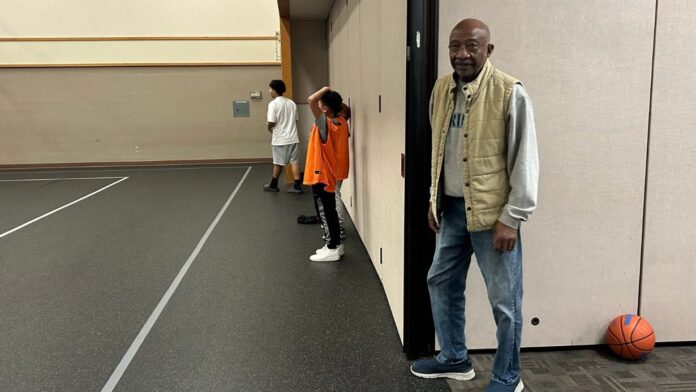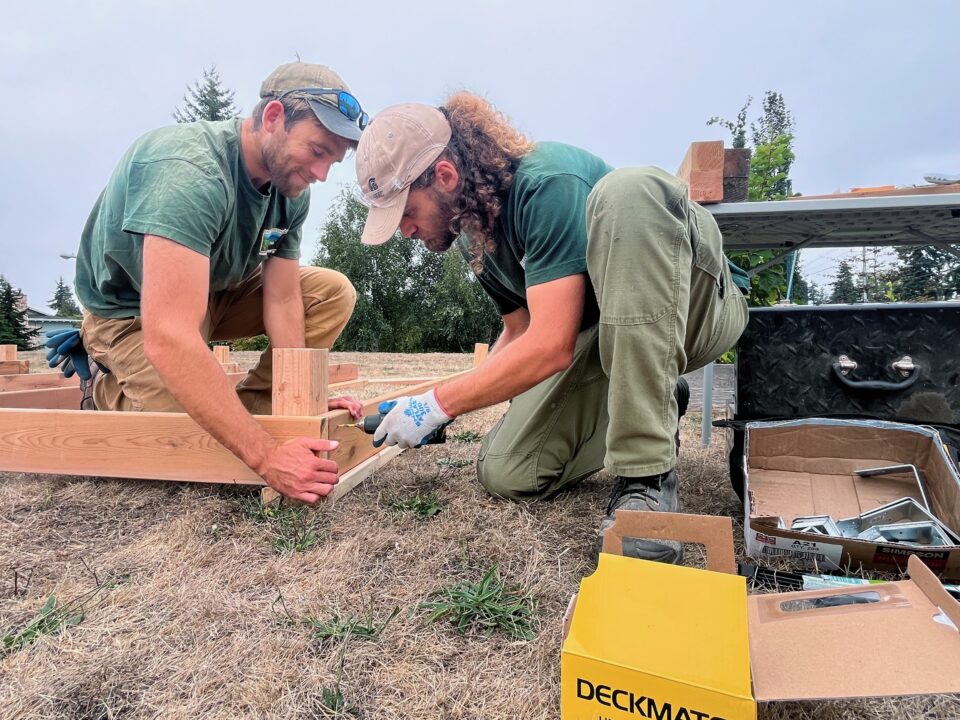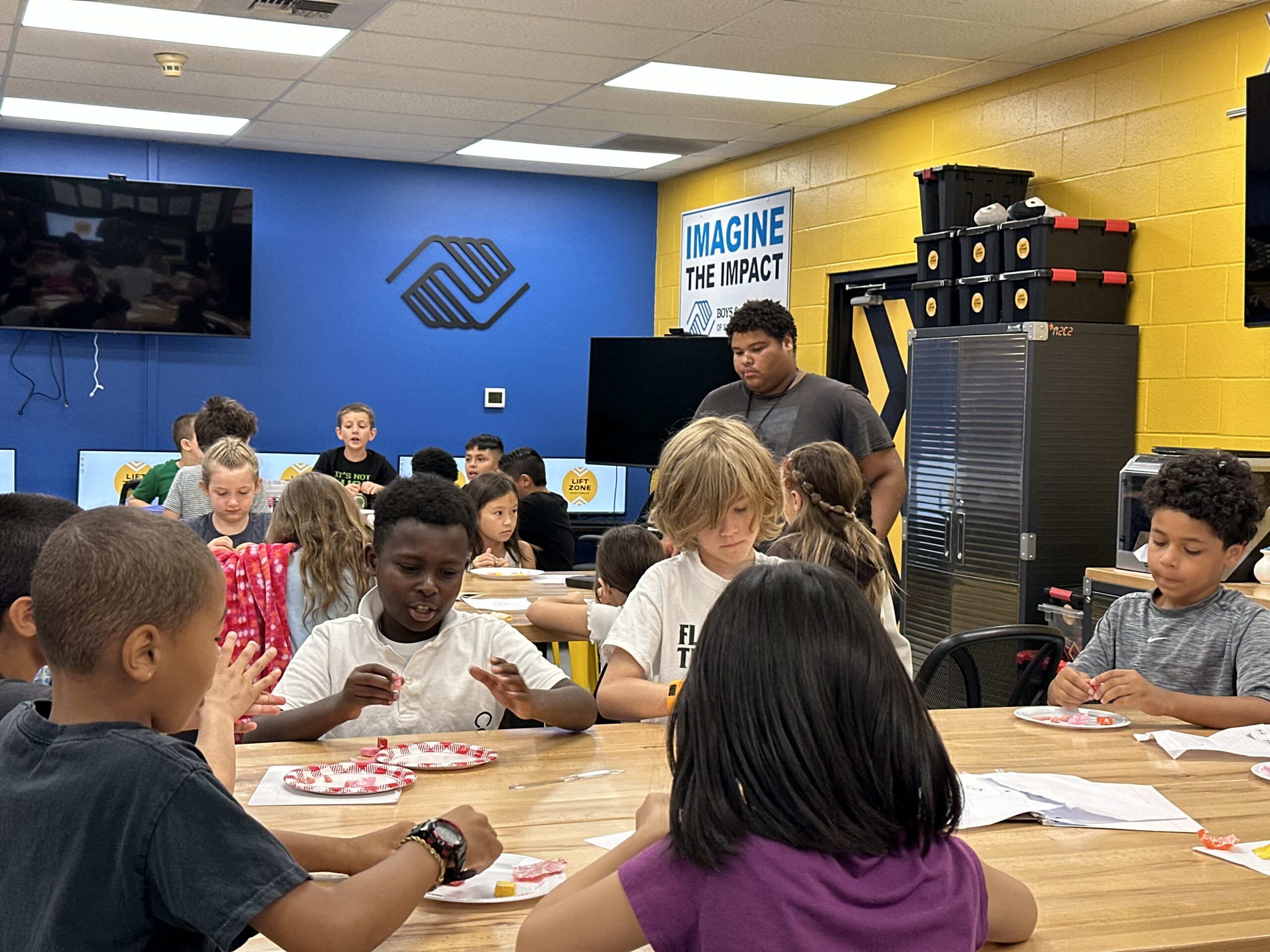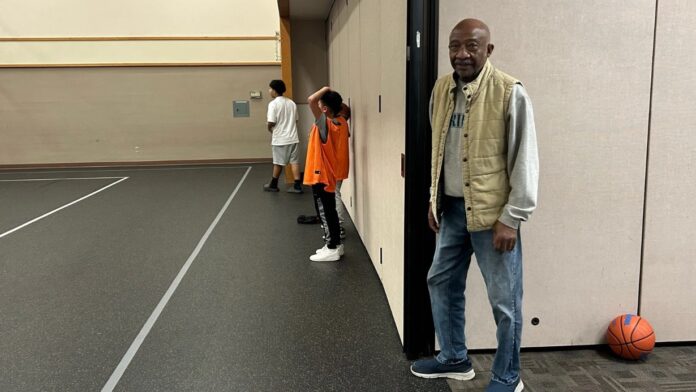
Latino Herald features a series of articles focused on the health of the community living in South Snohomish County, and are sponsored by the Verdant Health Commission.

This is the second part of a series of two articles on the topic of gangs. For context, it is recommended to read the first installment of the article. Click here.
When the Edmonds School District decided to end its contracts with the Lynnwood, Edmonds and Mountlake Terrace police departments with the goal of ending the School Resource Officers (SRO) program, many people in the community – and some officials – cried foul.
The decision was made in June 2020 and two years later, community leaders and officials in the region were asking about the possibility of restoring the SRO program in the wake of a spate of gang-related incidents that affected the southern sector of Snohomish County.
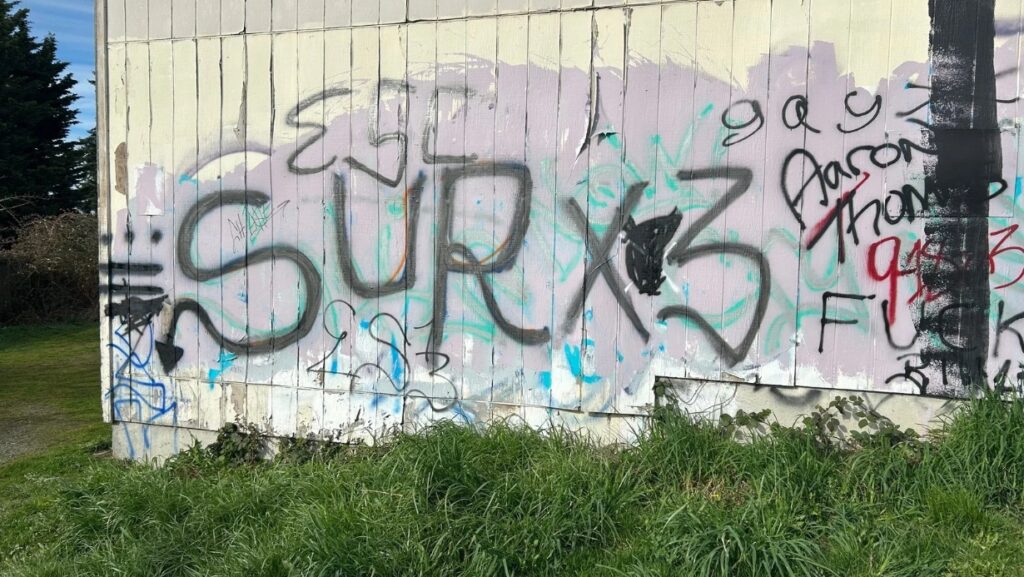
Everything seems to indicate that this connection between police officers and adolescents and children – increasingly younger – is one of the most effective tools to prevent their involvement in gangs.
And for example, a button
Just a few days ago, Latino Herald staff were invited to watch a basketball game between police officers, volunteers from some local organizations, and a handful of youngsters who were encouraged to participate. These informal games, with a very light vibe, are held on the second Tuesday of each month in the gymnasium of Trinity Lutheran Church, in Lynnwood.
The activity is planned and coordinated by ‘The Access Project’, an organization led by Wally Webster. If anyone wonders “who is this Mr. Webster?” I tell them that Wally is the neighbor who for more than 4 decades never gave up in a sector where young people perceive that opportunities are scarce and threats abound.
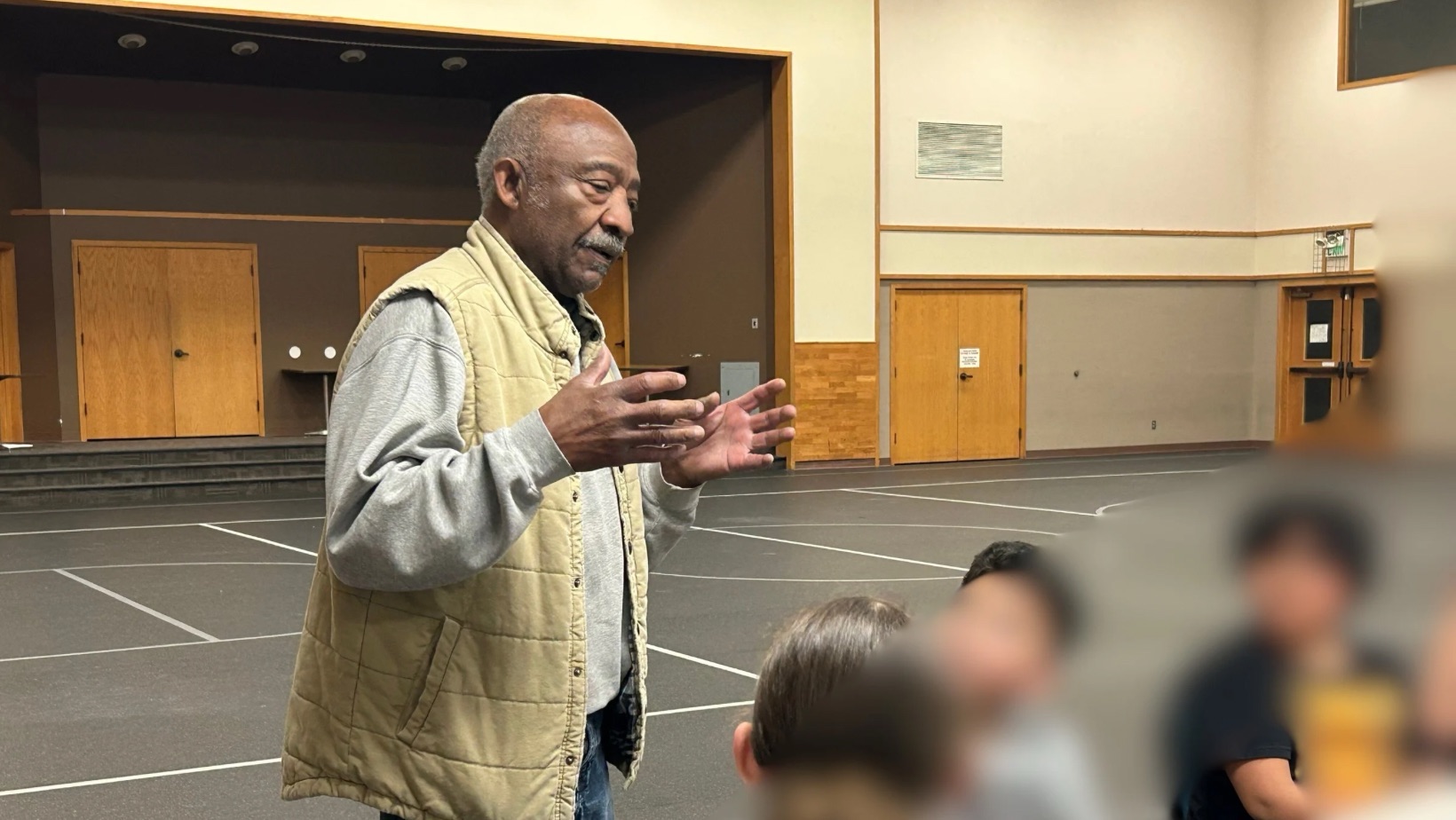
“That connection between young people and police officers is fundamental because many times these minors are victims of harassment, bullying, direct threats against their physical integrity to force them to do things they do not want to do; having an acquaintance who is trusted by law enforcement, someone they can turn to and get help with, is crucial and very important,” Wally said.
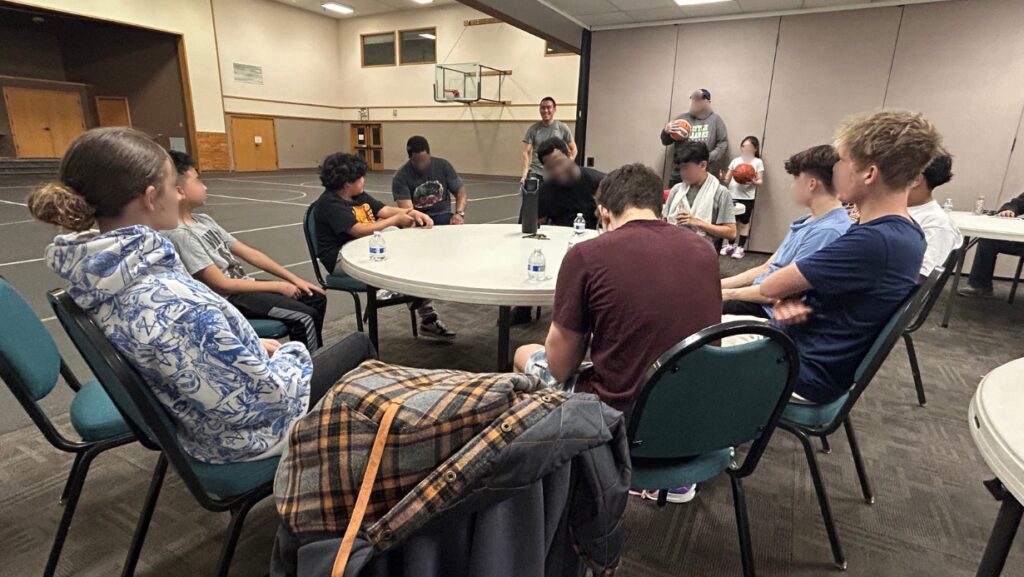
After the basketball game, police officers and youngsters meet in a round table – literally – to introduce themselves, get to know each other and talk.
In this informal talk, the icing on the cake of the human bond that organically arises between them is put on the cake. For a moment they are simply comrades, laughing and talking while wiping the sweat from their foreheads because they have just finished their game on the basketball court.
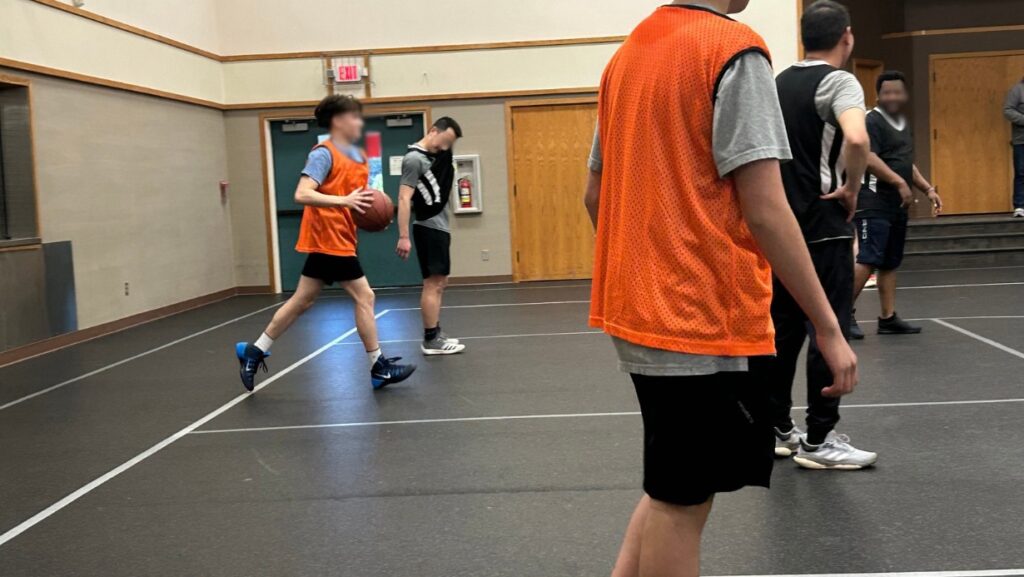
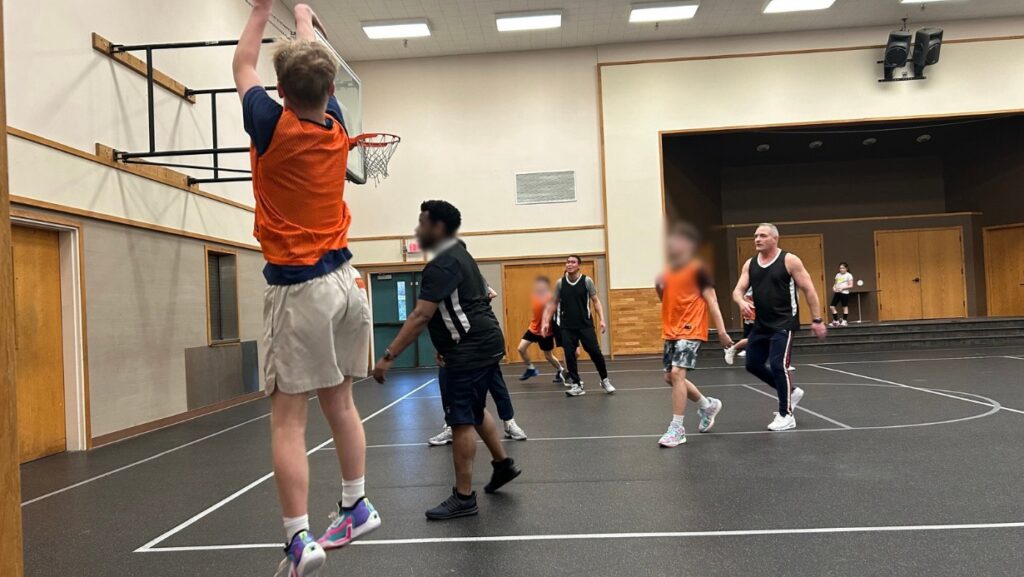
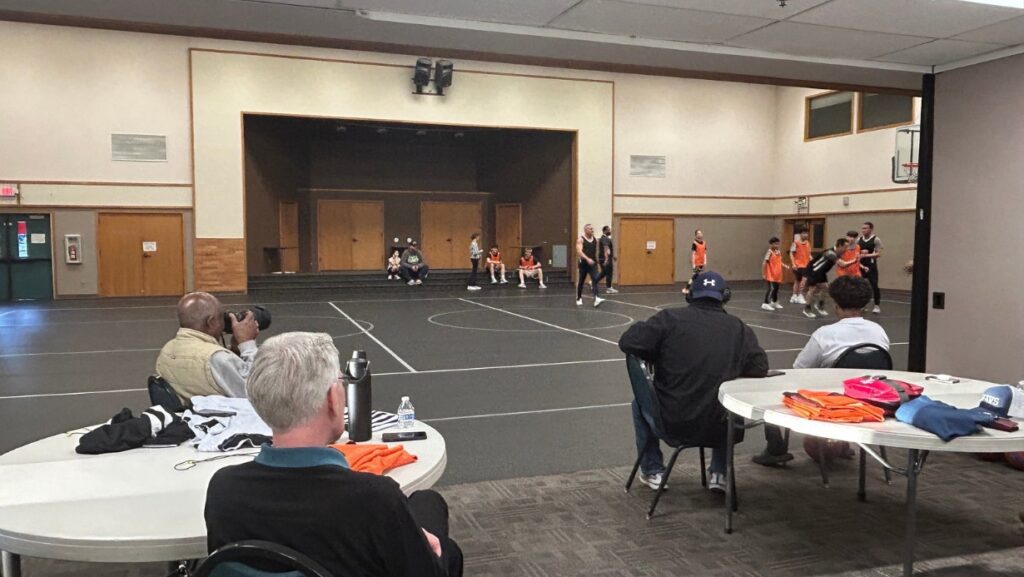
The perspective of “the cops”
Listening to law enforcement officers talk while they spend time with the youngsters, it is evident why they dedicate their time to these activities. And it is seen, from afar, that their intentions to help are genuine.
Officer Nic Li, who serves as a crime prevention specialist with the Lynwood Police Department and was part of the game with minors, said there is a lack of opportunities to meet and find similarities and common goals with teens.

“The world, our society makes it seem like we are against each other, and nothing could be further from the truth, police officers are regular individuals, just like anyone else. That’s why we’re here, to take the opportunity to meet and introduce ourselves personally with the younger members of our community.”
We also asked him about the role of the parents of these children and the implications of the current political climate that has generated terror among the immigrant community.
“I would invite you to come and see what we do here, to spend some time with us, to eat a snack in the company of other parents and their children; you don’t have to identify yourself, you don’t have to use your name or reveal anything you don’t want to; you don’t even have to talk to us, if you just want to observe and experience this approach firsthand, you are welcome.”
Officer Li stressed that they also organize larger community events, with many more people, in case they prefer something like this.
“People should give themselves the opportunity and keep an open mind to the possibilities of being an integral and active part of the community. I understand that there are many barriers of all kinds and that there is fear, but I want to tell you that we will do everything we can to break down the obstacles, you just have to take the hand that we are offering.”
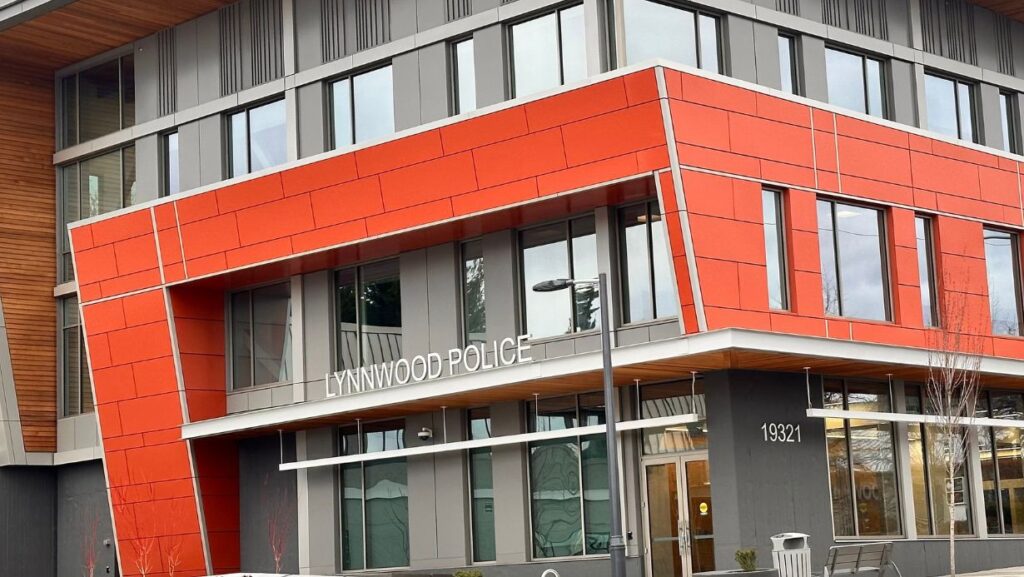
Officer Li’s words sound sincere, the gleam of enthusiasm in his eyes endorses a genuine desire to collaborate with parents, children and the community, but it is clear that the essential role of parents in raising their children cannot be ignored, because the main responsibility is not of the authorities, nor of the police, it begins at home.
At this point, it is worth mentioning that in certain countries the police are seen as the enemy, on the same level – and sometimes more – than the criminals themselves. Building the trust to remove such a hindrance is not an easy task for the authorities. Especially when those responsible for the current political climate have done a masterful job of sowing fear and uncertainty in immigrant communities.
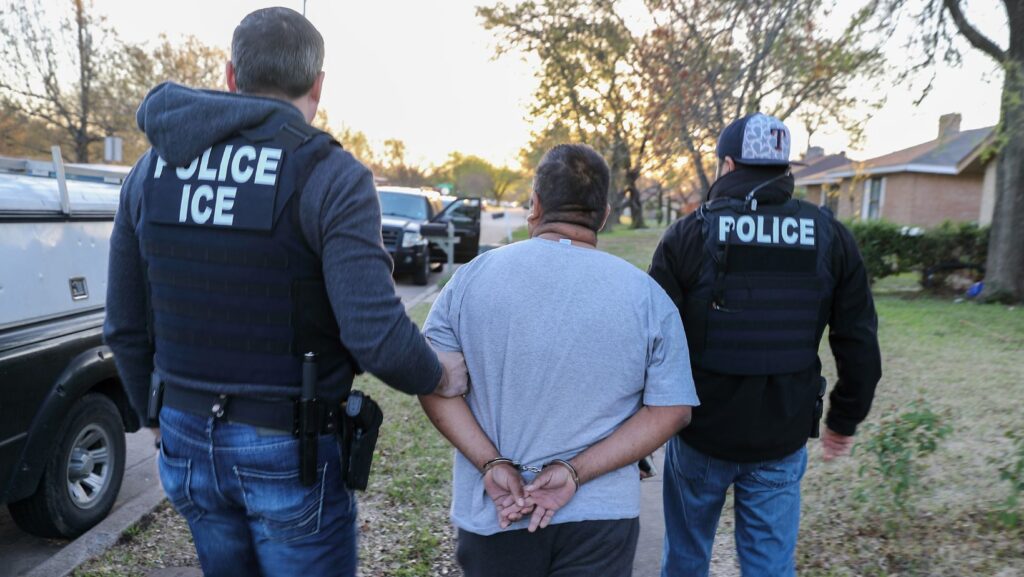
Immigration agents, so active these days, tend to wear tactical gear quite similar to that used by regular police. That is, sometimes it is not possible to distinguish from a distance if the vest the officer is wearing says “ICE” or “LPD.”
There is certainly a big difference between the two entities and the effects of our communities’ contact with each of these agencies is diametrically opposed.
Latino Herald is in the process of coordinating an interview with the Edmonds School District, which for one reason or another, has not been able to be finalized at the time of publication of this story.
The idea is for the District to provide perspective on the current situation as it approaches the fifth year since the School Resource Officer program was eliminated.
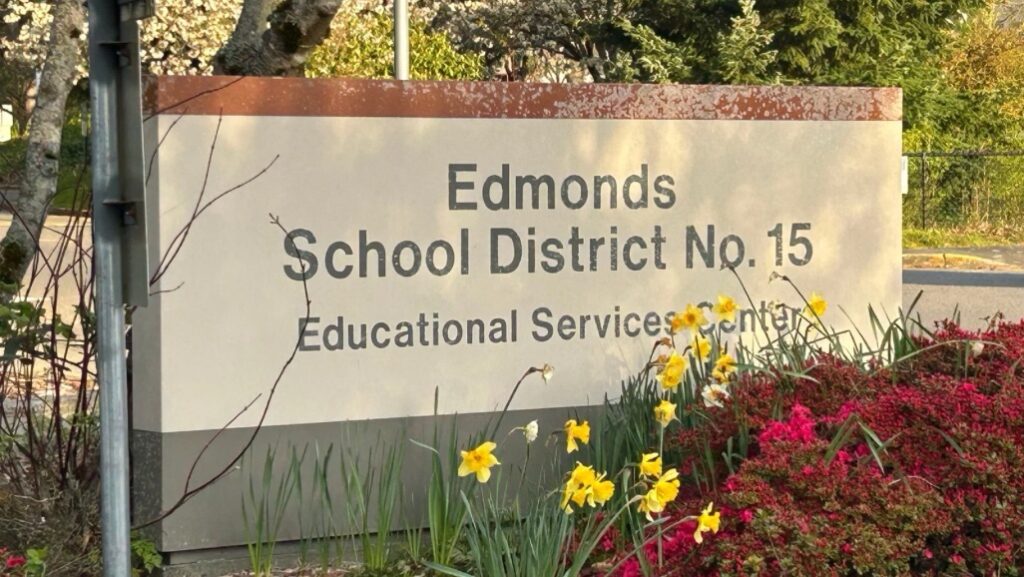
The questions are simple: What have been the results since the District board voted to end the SRO program? Are there any projects currently under consideration to restore the program? Have there been any suggestions from law enforcement agencies in this regard? Do district board members think there is a need to reinstate the program?
If the School District grants us the interview, Latino Herald agrees to update this article; and if the topic extends to the point of meriting it, to write a third part.
To conclude, it is prudent to analyze the words of Genaro Sánchez, director of O.U.R. Journey, Youth Empowerment Group, who served as the basis for our first installment of these reports on gangs and dedicated a few words to the parents:
“If you think that it is not going to happen to you, that your son or daughter is not going to fall into the clutches of the gangs, think twice… every child is at risk, even minors who live surrounded by love, because at some point they experience a situation that makes them turn towards something different… it may be that they meet a boy or girl, or something deeply emotional can happen to them, something that will change them. And parents can say that they do not need to join this type of event because they feel immune, because they feel that they are not at risk, simply that it does not happen to them; but it is always better to be informed than to get lost along the way.
And the latter is always the responsibility of the parents, the child, alone, is not going to do it”
Think about it.

